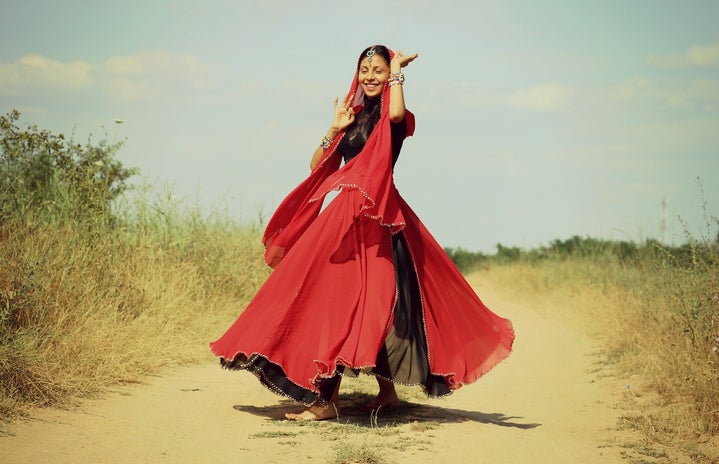India has a population of 1.38 billion people. Out of that population, almost 55 million people are widows. Widowed South Asian women, just like numerous women worldwide, face inequality, discrimination, and disrespect on a daily basis.
There is a perceived negative stigma associated with widows throughout the world. In India, many assume that these women are weak, have bad luck, and cannot fend for themselves. Centuries ago, historical customs consisted of a widow performing the act of Sati, which translates to “virtuous woman.” The process of Sati involved a widow sacrificing herself into her late husband’s burning pyre. This custom started as a voluntary act but eventually became forced. If a widow did not have any children, she would be viewed as a burden to society since she had no other role than being one’s wife. Hence, this led to the forced practice of Sati, which I would consider indirect murder. Luckily, in 1829, General Lord William Bentinck, the governor of then British India, banned the practice of Sati after Raja Ram Mohan Roy advocated for the abolishment of Sati. Roy believed this act was abominable as his sister-in-law was forced into sacrificing herself.
Even with the ban of Sati, people still found ways to degrade these women. Widows were pressured into wearing dull or white colors to represent a constant state of mourning out of respect for their deceased husbands and were forced to shave their heads. They were also considered bad luck. Such accusations caused children to abandon their mothers, family and friends to exclude them from celebrating festivals together, and relatives to prevent them from attending weddings out of fear that their bad luck would break the marriage. Since the majority of widows were left in a state of isolation, many took advantage of them. People would break into their houses and rob them, sexually abuse them, or even stone them with rocks.
As India became more socially aware, these physically and mentally abusive actions towards widows slowly declined. However, many widows are cast aside and mistreated by their families to this day. Many have taken refuge in Krishna Kutir ashram in the city of Vrindavan, where they are given food, medical care, and a place to sleep. Even though areas of refuge exist and inhumane customs are banned, this has not been enough to keep the widowed women of India safe.
As a society, we can help advocate and fundraise for these women. Philanthropies like the Kamala Foundation have raised money and helped build safe and sustainable homes for widows. We can donate money or even support this foundation by making the public more aware of their movement. Regardless of their marital status, race, and religion, advocating for women can help our society stay open-minded and treat everyone benevolently.
More about the Kamala Foundation can be found here: https://kamlafoundation.org/projects/widows/.


